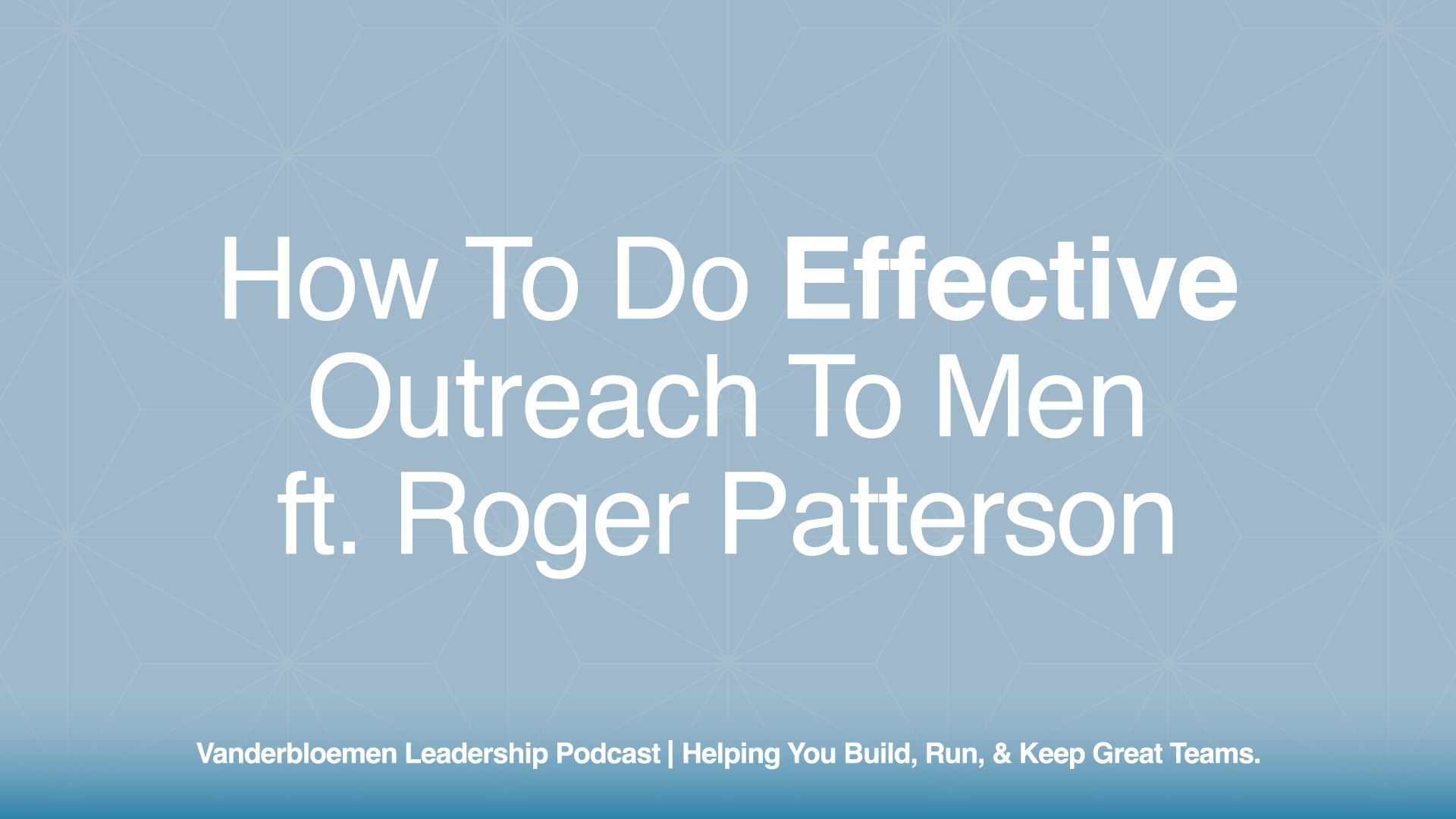Conflict is inevitable. In a fallen world, conflict can and will happen. I served as a Lead Pastor for many years; I will be the first to affirm that the phrase, “No perfect people allowed,” includes church staff, too – even lead pastors. S
o there will, from time to time, be some degree of conflict among staff. The Bible asks, “What causes fights and quarrels among you? Don’t they come from your desires that battle within you?” (James 4:1). So how can we, as Christians, deal with conflict?
We see conflict all around us in the news, on Facebook, and in our personal relationships. Unresolved conflict is painful, and it can be debilitating. Church leaders are not exempt. When church leaders, staff members, or congregations are embroiled in conflict, everybody loses. A church divided is a powerless church. When rumors rumble, people take sides and discouragement sets in, the Body of Christ becomes unhealthy, and the local community takes notice and develops an even deeper skepticism. The enemy wins another battle.
Ken Sande, in The Peacemaker: A Biblical Guide to Resolving Personal Conflict, writes, “Peacemakers are people who breathe grace. They draw continually on the goodness and power of Jesus Christ, and then they bring his love, mercy, forgiveness, strength, and wisdom to the conflicts of daily life. God delights to breathe his grace through peacemakers and use them to dissipate anger, improve understanding, promote justice, and encourage repentance and reconciliation” (11).
Pastors can be peacemaking catalysts who lead others toward spiritual renewal and relational reconciliation. Here are four ideas for every aspiring peacemaker to apply:
1. Look Inward
It can be helpful to first look at our own hearts rather than focus on other’s faults. Jesus said, “Blessed are the pure in heart, for they will see God” (Matthew 5:8). He also said, “Take the log out of your own eye, and then you will see clearly to take the speck out of your brother’s eye” (Matthew 7:5).
If we can personally find inner peace, we will be in a better position to project that peace upon others.
2. Listen Intently
Listening intently and actively helps define a conflict. Often, we live so close to the heart of an issue that we can’t see clearly — it’s difficult to be objective. After time, it might be difficult to remember the core cause of a rupture. But a peacemaker will listen intently, help bring clarity, and be slow to speak. The saying that God gave us two ears and one mouth, so we ought to listen twice as much as we speak, rings especially true when dealing with conflict.
3. Affirm Thoughts and Feelings
Affirm the thoughts and feelings of all involved. We all see issues from different perspectives. I may not agree with someone on an issue, but I am obliged to give significant grace in all my conversations. Proverbs 25:11 states, “A word fitly spoken is like apples of gold in a setting of silver.” Put yourself in the other person’s or group’s shoes and try to imagine why they might have a certain perspective that is causing conflict. Ask questions that will help you get to the root of the problem so you can help adequately address it.
4. Forgive
The greatest gift we can give as peacemakers is forgiveness. I have found that the real power of forgiveness is that it is both an event and a process. I can forgive another, but I may live in a season of forgiveness for some time.
German pastor, Dietrich Bonhoeffer, in a letter to a young married couple wrote, “Live together in forgiveness for without it no human relationship, least of all a marriage, can survive. Accept each other as you are and forgive each other every day from the bottom of your hearts.” His words are applicable to any of us who lead in the local church and aspire to be peacemakers.
If we begin to practice the role of peacemaker as opposed to constantly looking at the faults of others, there will be more peace, power, and a spirit of prevailing spiritual health in the Body of Christ.
How have you avoided staff conflict at your church? What have you found to be helpful in the peacemaking process?


